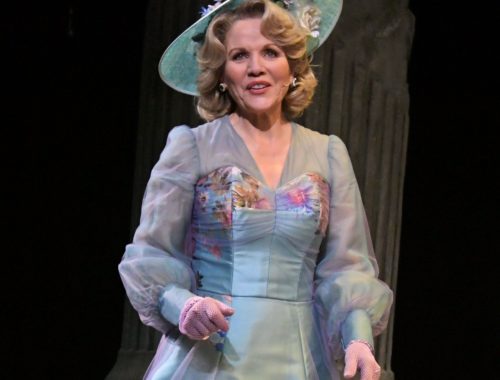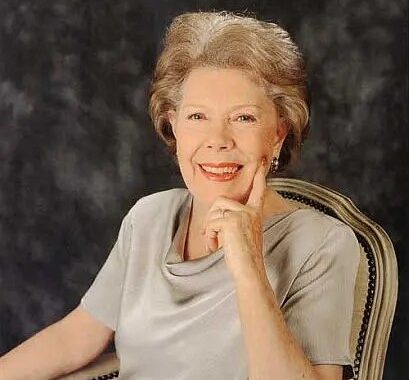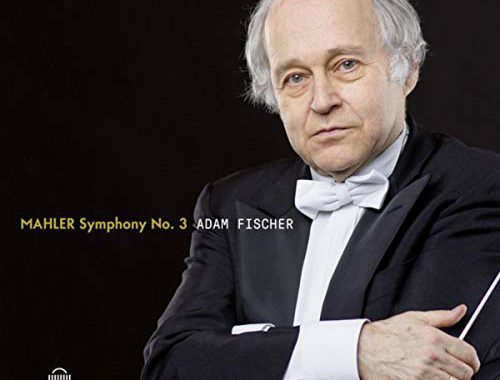Orchestra of the Age of Enlightenment, Elder, Royal Festival Hall
Such is Berlioz’ persuasive theatricality that even when he is rearranging Shakespeare one is inclined to ask not what the Bard is doing for him but rather what he is doing for the Bard. His unprecedented Symphonie Dramatique Roméo et Juliette doesn’t so much re-enact but reflect on the unfolding drama and the joy of hearing it – as one rarely does – in a performance such as Mark Elder recreated here with such stylistic awareness is that suddenly the theatre of it is inherent in the varied and shifting textures and their distribution on and off stage. You don’t just perform Berlioz, you stage manage him.
As an experience this hybrid symphony is a little like knowing where you were when the news of a momentous event came through. A fleck of harp and out of the reportage recitative of the semi-chorus comes a beautiful aria for mezzo soprano – the always so affecting Patricia Bardon – telling of the star-crossed lovers and “an ecstasy so pure that its words are tears.” It’s like an old troubadour song suffused with the Frenchness of antiquity. But it’s less the “ecstasy” of the words than the innate drama of their setting that makes the piece so compelling and unpredictable. You never know what sonic trick Berlioz will pull next.
And it’s no accident that the two great tableaux at its foundation focus on true love well met and consummated. Who needs words when the exquisite pain of a period oboe’s chromatic plaint tells you exactly how it feels to be “Romeo alone”? Likewise the exuberant and sumptuously scored dance of the Great Banquet bounding forward on the rhythm of two timpanists and tinkling tambourine – where modern instruments need careful handling, Elder’s Orchestra of the Age of Enlightenment could dazzle with impunity.
Of course, the pivotal Love Scene – where no words, not even Shakespeare’s, will do – can enjoy greater opulence in the heady vibrato of a modern string section, but how infinitely touching to hear this music through-phrased with such modesty and intimacy, the OAE violins suggesting sublimation is only an embrace away.
For sure the tragedy and reconciliation of the all-singing finale may ultimately seem a bit pat in a communal kind of way but when you field a Friar Laurence as virile and commanding as Orlin Anastassov to knock some sense into the warring factions then everybody goes home hopeful and elated.
You May Also Like

GRAMOPHONE: From Where I Sit – July 2019
17/07/2019
DAME JANET BAKER in Conversation: Ryedale Festival
21/06/2022